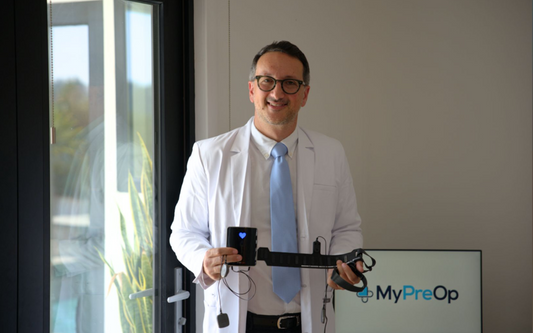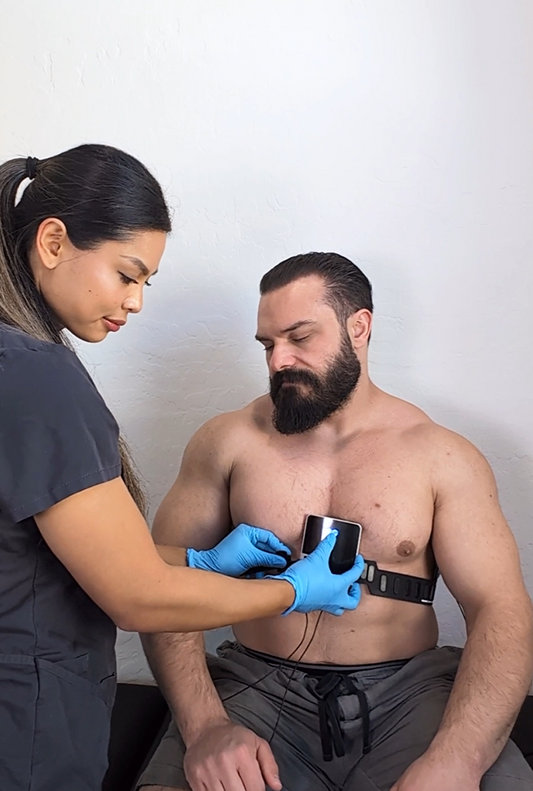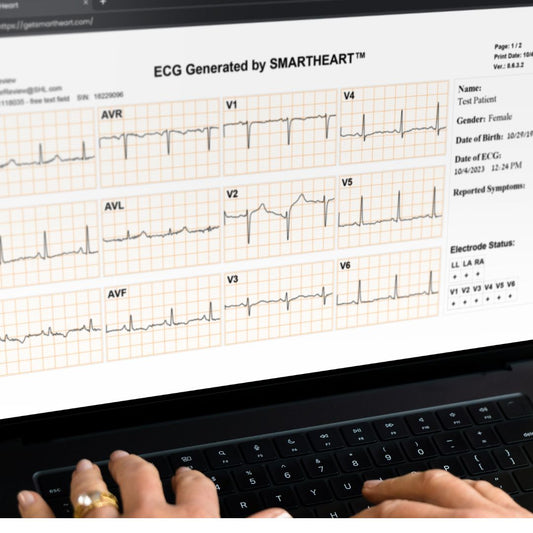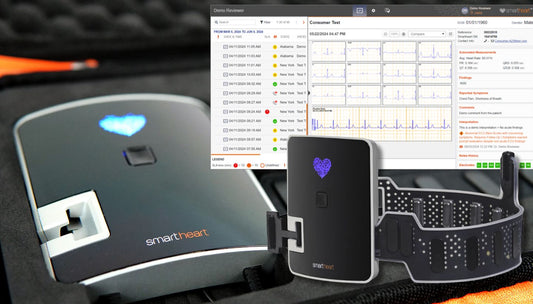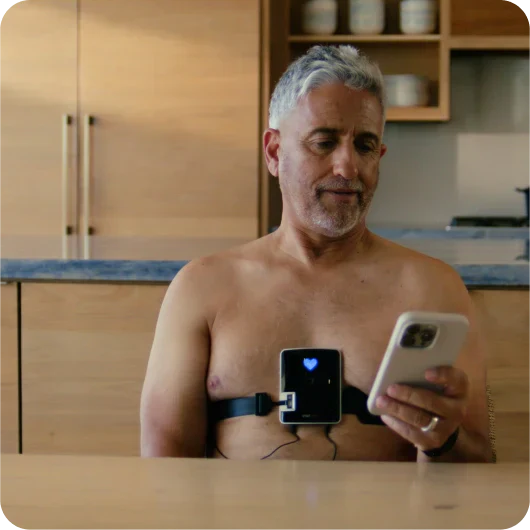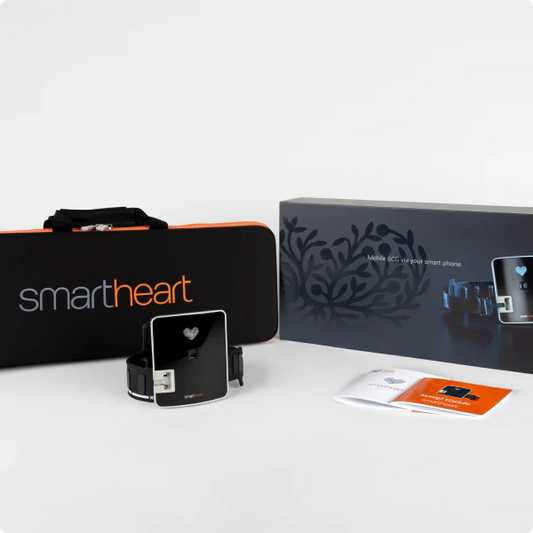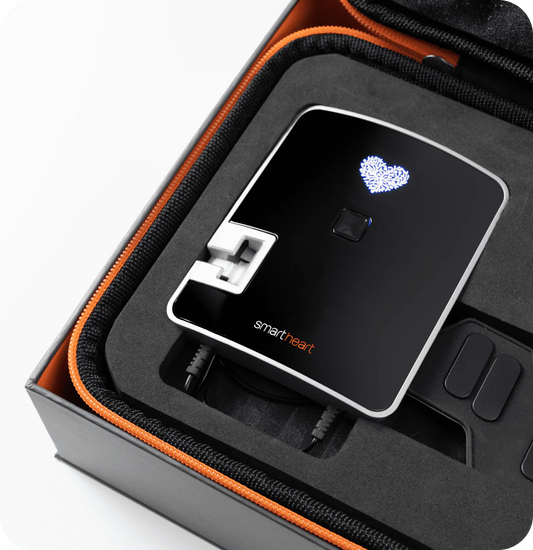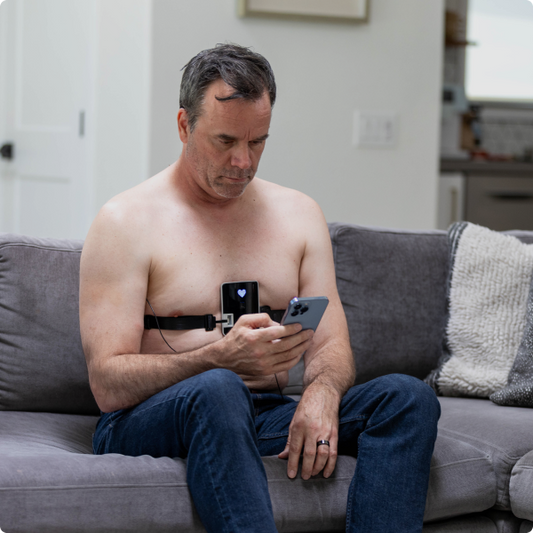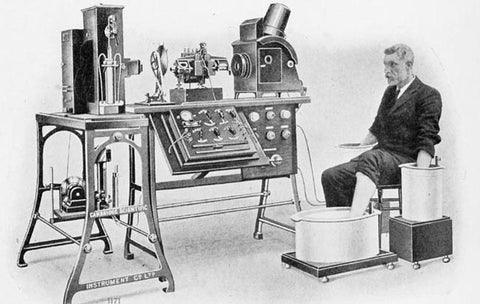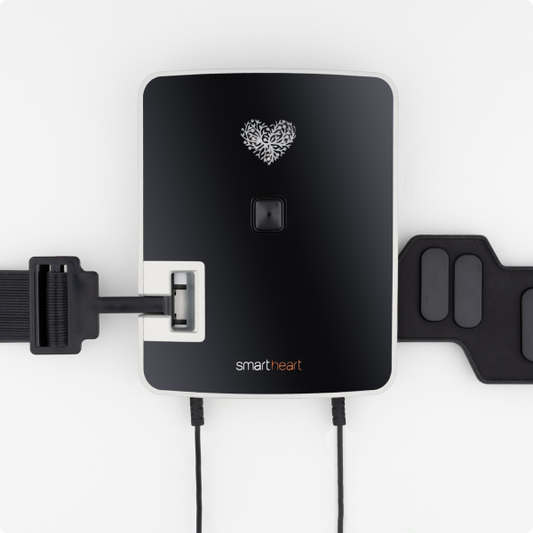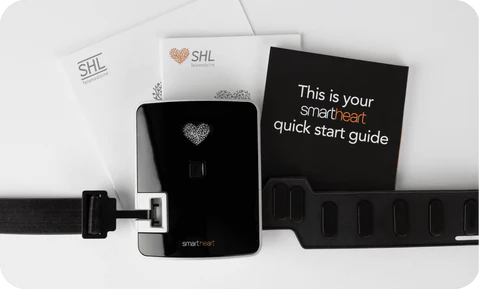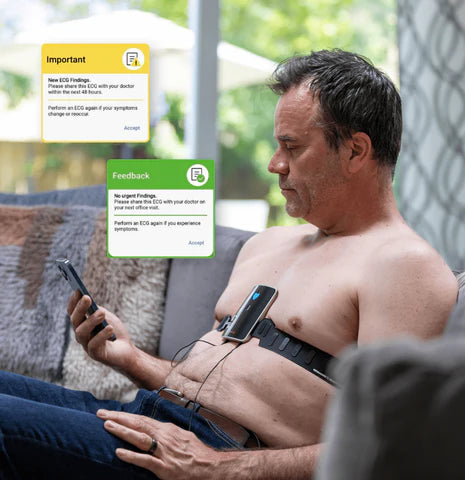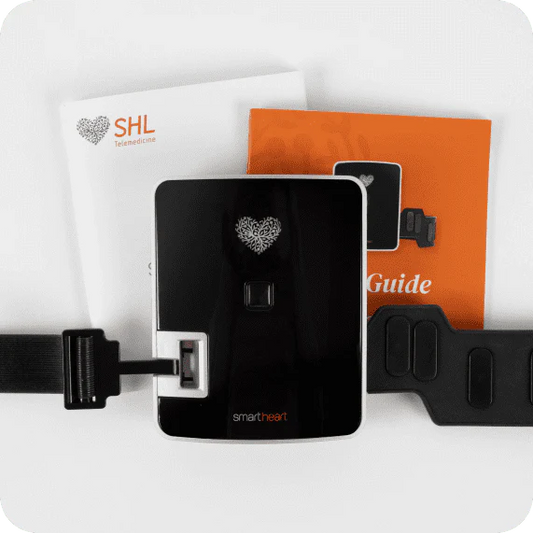Heart disease remains the leading cause of death globally, yet many early warning signs are easy to miss - especially in busy outpatient environments. For physicians committed to preventive care, understanding how to identify and manage cardiac risk factors is essential to improving patient outcomes and reducing downstream costs.
The Challenge of Silent Risk
Not all patients with cardiovascular disease present with classic symptoms. Many individuals at risk appear outwardly healthy or report vague complaints - making early detection even more challenging. In outpatient settings, especially primary care or specialty practices, there’s often limited time and resources to perform comprehensive cardiac assessments.
That’s why incorporating efficient tools into the workflow - like EKG testing, can make all the difference. An EKG is one of the fastest, most accessible ways to evaluate heart rhythm, identify abnormalities, and detect signs of underlying heart disease before symptoms escalate.
EKGs: Simple, Scalable, Effective
The beauty of EKGs in outpatient care lies in their versatility. They can be used for:
- Baseline cardiac screening for high-risk patients
- Follow-up monitoring in chronic care programs
- Symptom evaluation (e.g., chest pain, dizziness, palpitations)
- Fitness for surgery or medication initiation
Better yet, portable and wireless EKG devices now allow practices to streamline testing without needing a full cardiology suite. This creates an opportunity for early detection in settings where traditional EKG systems may be impractical.
Improving Access = Improving Outcomes
By normalizing cardiac screening in outpatient workflows, physicians can shift from reactive treatment to proactive prevention. When heart conditions are detected early - before a major event like a heart attack - interventions are simpler, less invasive, and far more cost-effective.
Incorporating EKGs doesn’t need to slow down a practice. With the right tools, it can become a seamless part of routine care - enabling physicians to offer comprehensive, patient-centered service without overwhelming their staff or systems.
Help Your Patients Stay a Step Ahead
Early detection starts with asking the right questions - and having the right tools at hand. To learn how you can integrate fast, hospital-grade EKG testing into your practice, explore
SmartHeart for professionals.





